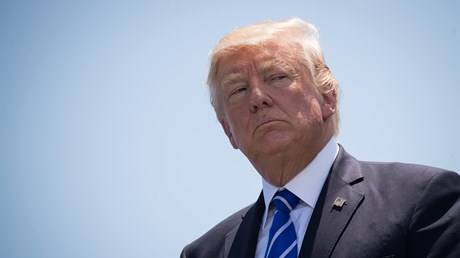And how their choice of Trump has affected the church since last year’s election.

Election 2016 ended a year ago, but its effects on American culture, including the American church, persist. Many are still asking how Donald Trump became president, and what part evangelical Christians played in making that happen. Stephen Mansfield, author of bestselling books about the religious faith of recent American presidents, believes that faith matters in the story of President Trump as well. Choosing Donald Trump: God, Anger, Hope, and Why Christian Conservatives Supported Him describes Trump’s remarkable partnership with conservative evangelicals. Blogger Samuel D. James spoke with Mansfield about what the events of last year mean for Christians and how a divided American church can heal.
Is it fair to consider Donald Trump a prosperity-gospel Christian?
He’s definitely drawn to the side of Christianity that preaches personal power, prosperity, and success in this world. Part of that preconditioning comes from his years hearing sermons from Norman Vincent Peale, who wrote The Power of Positive Thinking. Peale privately believed in “born again” Christianity, but Trump fed from the stream in Peale’s thought that was essentially secular motivational philosophy. Trump sees himself as a religious man and sees his own success as the result of living out certain religious principles—just not the ones at the heart of the gospel.
You describe how meeting with religious leaders during the campaign gave Trump something of an “education” he didn’t know he needed. Were his stances on religious liberty, abortion, and socially conservative issues a product of political ambitions?
A good illustration is his approach to the Johnson Amendment, which prevents pastors from endorsing …
Source: Christianity Today Most Read